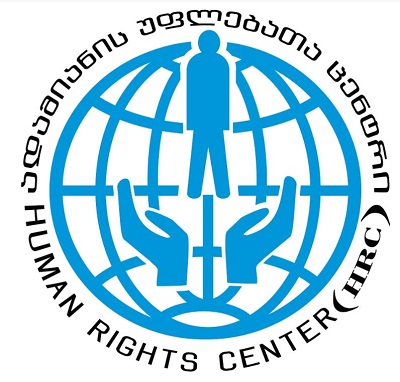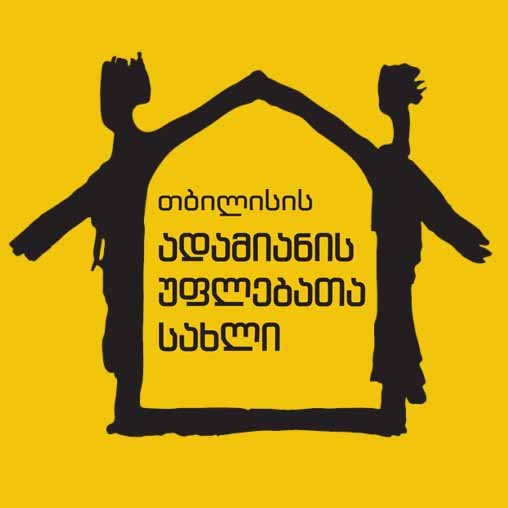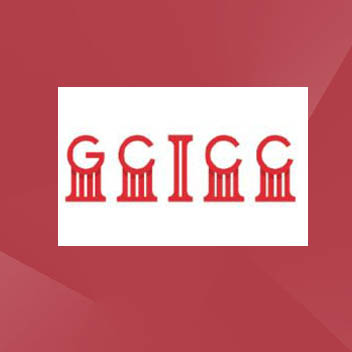Statements
Two Years from the Events of June 20-21: A Statement by Human Rights Center

On June 21, 2021, the Parliament of Georgia prolonged the term of discussing the Law on Amnesty in relation to June 20-21 events under the third hearing. Therefore, the authorities and the opposition have the whole month for the discussions in order to finally agree as to which offenses will be amnestied in relation to June 20-21 events and how would the Law safeguard the risks voiced by the human rights organizations.
June 20 marked two years from the event when thousands of individuals gathered in front of the Parliament to protest against the Russian occupation of Georgia. The anti-occupational rally was dispersed by the authorities by use of disproportional force. In order to disperse the protesters, the government used special means, rubber bullets, tear gas and water cannons without any warning. Law enforcement officers were using the rubber bullets intensively against the peaceful protesters present at the rally who were not taking part in the violent actions and were not posing threats to those around and to the law enforcement officers. As a result of unlawful use of the rubber bullets, tens of people received grave bodily injuries.
On June 20-21, the rubber bullets were used against the protesters in violation of Georgian legislation, as well as the international human right principles. Rubber bullets must not be used as a general tool to disperse a crowd. They may be used against the persons who are engaged in violence or who pose real threat of violence. Shooting the rubber bullet on the upper part of the body of a person is inadmissible, except for the cases where the targeted person creates a real threat to the life or to the health of the law enforcement official or some other person in grave terms. On June 20-21, 2019, the law enforcement officers inflicted grave bodily harm to tens of peaceful citizens including journalists in violation of the above rules. The actions undertaken by the law enforcement officials against the peaceful citizens bore the signs of inhuman and degrading treatment.
The investigative bodies have not yet determined the issue of liability of high ranking officials of the law enforcement bodies in relation to the facts of ill-treatment of the peaceful citizens and using excessive force when dispersing the protest demonstration of June 20-21, 2019. On June 20-21, that time Minister of Internal Affairs, Giorgi Gakharia, his deputies and that time director of the Special Tasks Department of MIA were in charge of protecting and restoring the public order in front of the Parliament premises. They were present at the site and were supervising the dispersal operation. They were responsible to adequately react in order to prevent the facts of unlawful use of rubber bullets and inflicting grave bodily harm to peaceful civilians. To what extent have the high ranking officials carried out their official duties, what actions have they undertaken for these purposes and what kind of investigative actions were carried out by the investigative bodies to ascertain this issue are the questions answers to which are not available even for the persons who hold victim status. No actions were taken by the investigative bodies to identify the low rank officers who were using rubber bullets unlawfully against the peaceful protesters of the rally either. As of now, only one person is held liable in relation to the fact of using rubber bullets unlawfully.
An unprecedented number of journalists were injured at the protest demonstration of June 20-21 due to the use of excessive force and special means in a disproportional manner by the law enforcement officials. According to the Georgian Charter of Journalistic Ethics, 38 representatives of media who were carrying out their professional duties at the rally were physically injured.
HRC represents the interests of three journalists injured at the rally of June 20-21 to the European Court of Human Rights who received significant bodily harms as a result of unlawful use of rubber bullets by the law enforcement officers.
In the case of Tsaava and Kmuzov v. Georgia, HRC argues that Article 3 (prohibition of torture, inhuman and degrading treatment), Article 10 (freedom of expression) and Article 13 (right to an effective remedy) of the European Convention of Human Rights were violated against journalists, Merab Tsaava and Beslan Kmuzov.
In the case of Svanadze v. Georgia, HRC argues that Article 10 (freedom of expression) and Article 13 (right to an effective remedy) of the European Convention of Human Rights were violated against journalist, blogger and civil activist, Zaza Svanadze.
The investigation is currently ongoing in the Office of the Prosecutor General of Georgia into the facts of ill-treatment of peaceful individuals and journalists present at the rally under the Article 333(3)(c) of the Criminal Code of Georgia - exceeding the official powers by using violence or a weapon. However, in number of cases, there is sufficient evidence for the investigation to carry out investigation under special Article 1443 of the Criminal Code – degrading and inhuman treatment – which would reflect the real severity and character of the offenses committed more adequately.
Due to the above described tendency, HRC considers that the Draft Law on Amnesty in relation to June 20-21 events, approved in the second hearing by the Parliament of Georgia is alarming. According to the draft law initiated by the ruling party Georgian Dream, the amnesty does not apply only to articles of intentional grave bodily injury, torture, threat of torture and degrading or inhuman treatment. The amnesty applies to the article of exceeding official powers. Considering that the investigation into the facts of the ill-treatment having taken place at the rally of June 20-21 is being conducted under the article of exceeding official powers, if the qualification does not change, the amnesty will apply to the law enforcement officials who committed ill-treatment. This comes in contradiction with the European Convention of Human Rights and the case law of the ECtHR according to which amnesty may not be granted to those who committed the acts of ill-treatment. Despite the fact that it is the Office of Prosecutor and not the Parliament who is responsible for the investigation process, in the current situation, when the prosecution is not free from the political influence of the authorities, there is a clear danger that the offenses committed during the events of June 20-21, 2019 will remain uninvestigated and the Law on Amnesty will contribute to it.
Human Rights Center




